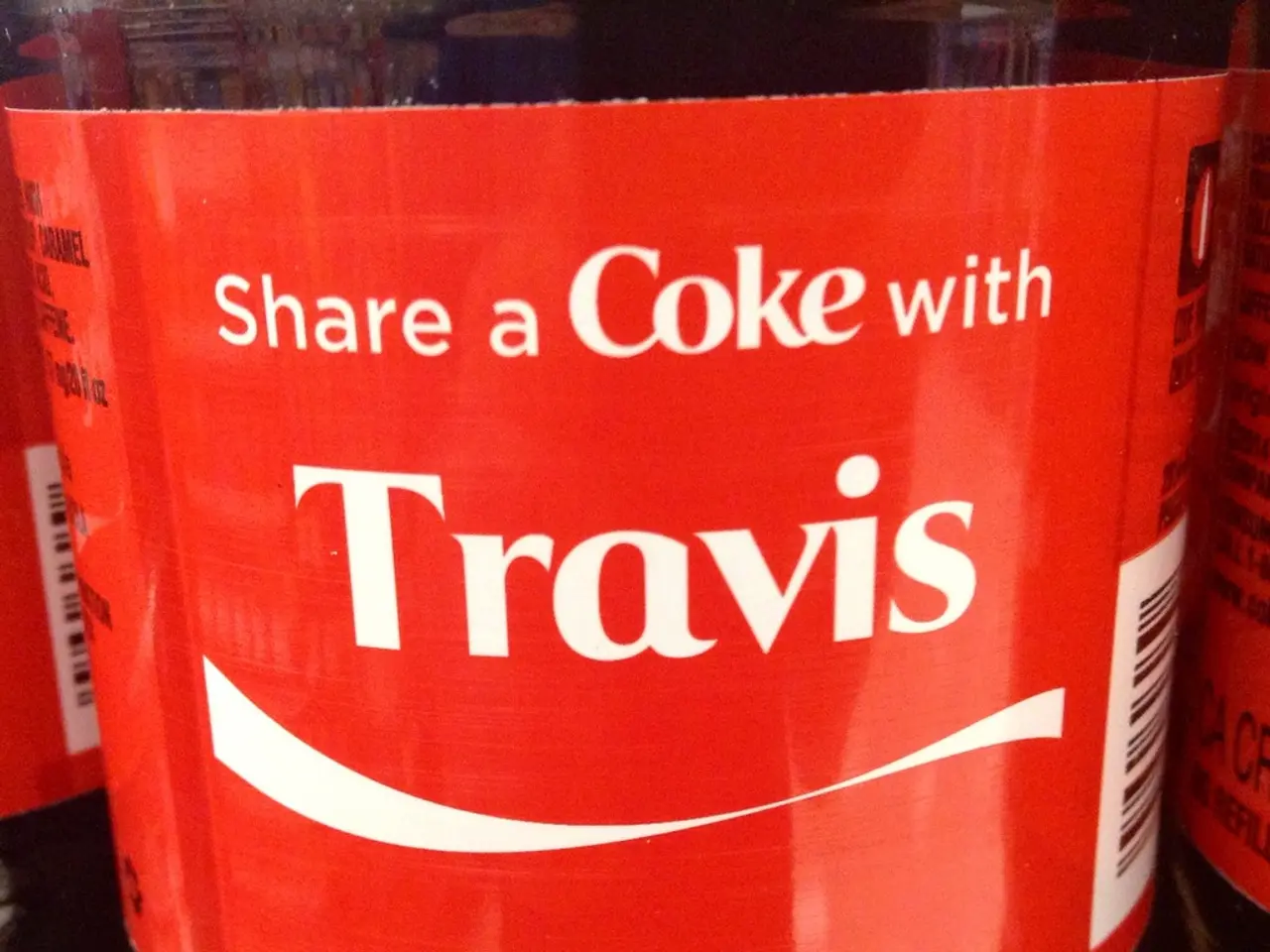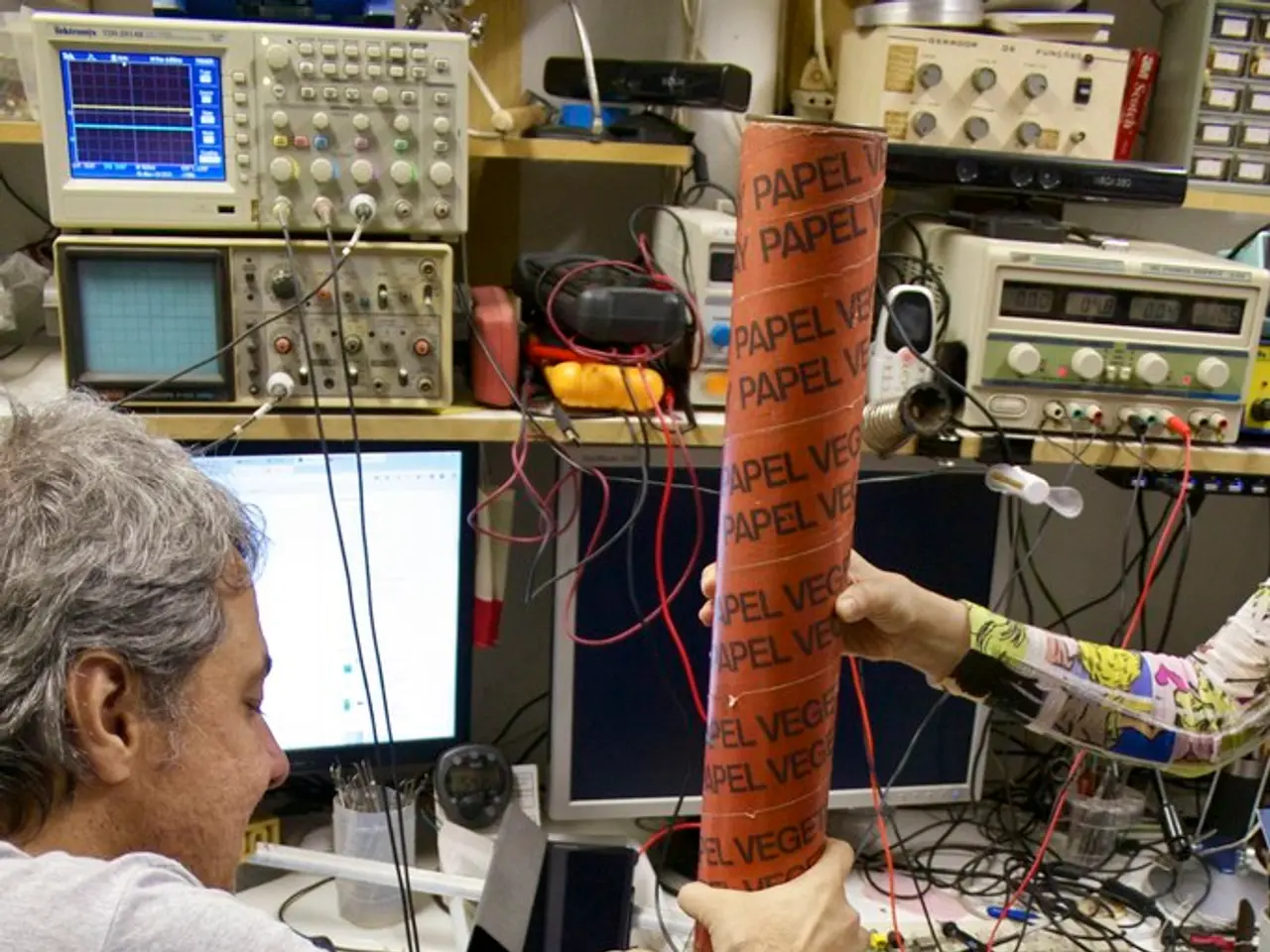Educators in Brazil may receive training to recognize signs of gambling-related problems
The state of Piauí, Brazil, is considering a ground-breaking proposal aimed at enhancing mental health education in schools. The bill, currently under review by technical committees in the state legislature, seeks to address issues such as compulsive behavior, sleep disorders, and gambling-related concerns through age-appropriate materials integrated into everyday school content.
If the bill moves forward, the state government will decide whether to make the program official. The proposed plan is proactive, focusing on topics like gambling addiction, a growing concern in today's digital age, particularly with the influence of social media.
Educators would receive support to help them recognise potential red flags in students, such as signs of online betting promoted by social media influencers. To increase the visibility of the topic, the bill proposes in-school lectures, awareness campaigns, and workshops.
Annual reviews are planned to ensure the program's effectiveness, with adjustments made based on student responses. The plan also includes partnerships with healthcare and psychology groups, providing additional guidance for students and their families.
The Fim de Jogo gambling addiction education program, if implemented, would mark a significant step forward in addressing the growing issue of gambling addiction among young people in Piauí. Further details about the current status of the proposal can be found by consulting official Brazilian government or Piauí state health or education department websites, or recent local news sources.
Education and self-development initiatives within the proposal aim to support personal growth beyond mental health, incorporating education on compulsive behaviors like gambling addiction, particularly in response to the influence of digital platforms and social media. To expand on the program's comprehensive approach, it advocates for workshops, in-school lectures, and awareness campaigns focused on this topic.




